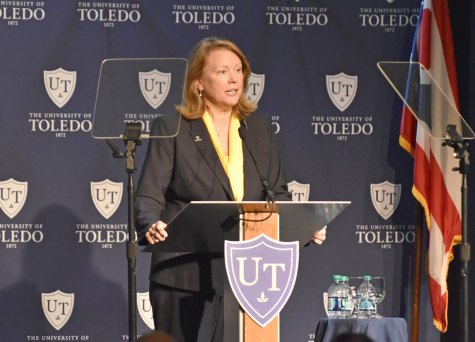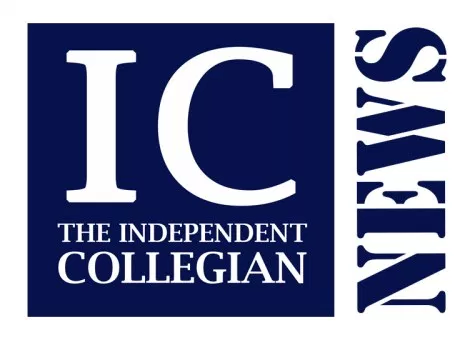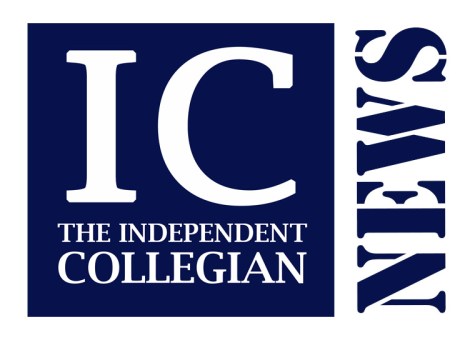Editorial: Pell Grants matter to students
March 28, 2017
Filed under Editorials, Opinion
Hang on for a minute...we're trying to find some more stories you might like.
Email This Story
College is not a right; it is a privilege. College attainment is unequally distributed throughout society because of the extensive financial requirements that going to college requires.
Because of this unequal distribution, the government of the United States of America created the Pell Grant program with the Higher Education Act of 1965. Pell Grants provide need-based government funding to qualified students.
Unfortunately, in President Donald Trump’s proposed budget, according to USA Today, the Pell Grant program will take the devastating blow of a $3.9 billion budget cut in the 2017 academic year.
The article also added that Trump’s stated reason for the cut is to secure the program for the future.
At a meeting to discuss the future of higher education, U.S. Republican Representative Glenn Grothman made comments that surprised student financial aid experts. According to Inside Higher Ed, Grothman said that the Pell Grant program was encouraging people not to get married so they could have the lower income status required for the aide program. He also continued that Pell grants should not be gifted to first year students because freshman waste money on “goodies and electronics.”
These comments were not only unfounded but also put the problems that government officials seem to have with young people, and with the lower class.
But they also highlight the dangerous outcomes that befall society when we allow unfounded assumptions and hateful stereotypes into our politics. Some would think that Grothman is just one person and that his views do not represent that of the majority. But the truth is that most often, this unilateral views very quickly become the consensus—acknowledged or not—that drive the decisions that affect the lives of real people, most of who lack power to present their own narratives on these issues.
We cannot deny that the people that these severe budget cuts will affect are the young, especially low-income people for whom these type of support systems have been made.
Taking 2015-16 academic year for example: $28 billion was spent on the program. The highest award given was $5,645. This means that at least 5 million students received this grant. This is a big difference which could mean the difference between lower class students either staying in school or dropping out. That must mean something to the people entrusted with the responsibility of protecting Americans, particularly vulnerable Americans.
So, when the government starts to cut billions from a program whose only purpose is to send young adults to college and justify it by claiming that they are using these funds for anything other than their education, it is hard to not take it as a direct attack on the lower class.
The Pell Grant program is not just another government aid that gets brought up once a year by parents when they must pay their children’s fees. For a lot of students it is the reason they can read this newspaper today. It has a real impact in people’s lives.
As students, ourselves, we know appreciate the importance of this program. Ask the workers at the UT financial aid office and they will tell you how important this program is to many students here on campus. So why don’t our elected representatives know this? Aren’t they supposed to be representative of the diverse population within their districts or jurisdictions?
This level of blatant disregard for a subset of American citizens is appalling, and should not go through without being heavily scrutinized. This is where we stand on the issue.











Leave a Comment